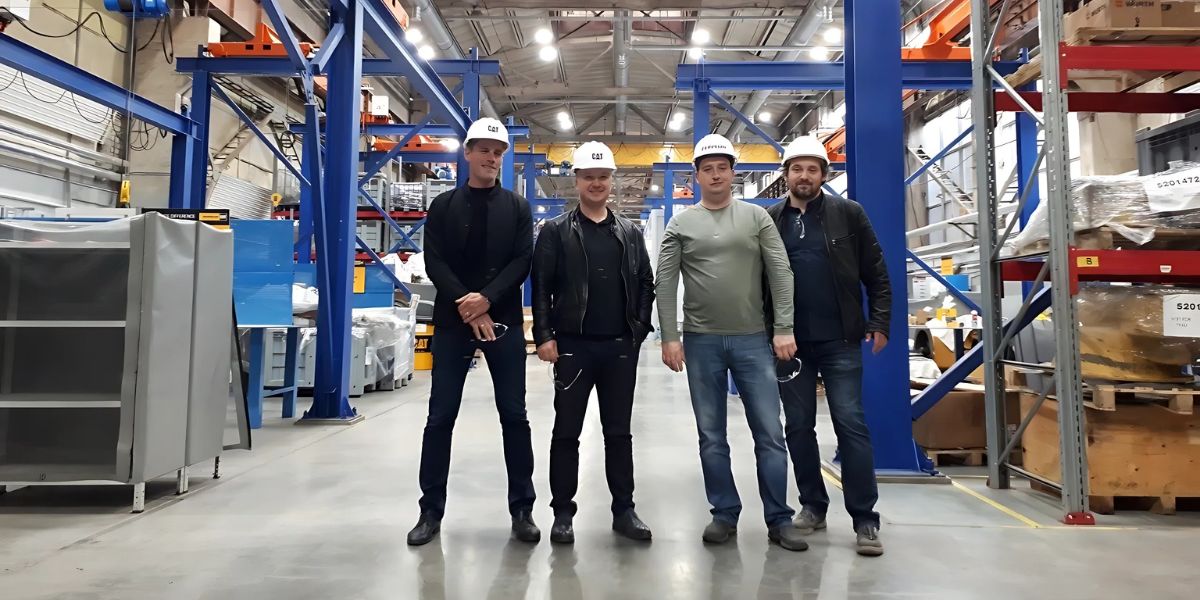Image Commercially Licensed From: Unsplash
Global sugar production and consumption is expected to increase in 2023 to around 2.5 million tons. Gunawan Jusuf, CEO of Sugar Group Companies in Indonesia, explained that the sugar industry is thriving. Sugar production has been harmful to the environment for decades, producing emissions, wastewater, solid waste, and other detrimental effects.
Jusuf explained that Sugar Group Companies is committed to zero-waste sugar production. He recently discussed what that means for sugar, consumers, and the environment.
Zero-Waste Sugar Production
Zero-waste sugar production involves managing all aspects of the sugar-making process to mitigate waste and lessen environmental impacts. Fortunately, sugar production waste products can be used to create a variety of useable co-products, including the following:
- topsoil
- electricity
- animal feed
- aggregate
- renewable energy
- bioethanol
- soil conditioning
- and more
Sugar is grown, then harvested, and sent to a manufacturing plant. It is then extracted, filtered for cleanliness, and crystallized. Companies deliver the natural product to customers in numerous forms, ranging from large industrial amounts to retail packages for individual families.
“The co-products produced by our sugar production facilities are helpful to numerous industries, including serving numerous purposes here at our own facilities,” Gunawan Jusuf said. “That means less waste, superior efficiency, and a drastically reduced environmental impact.”
The co-products produced by sugar production result in practically zero waste. These co-products help utilize all resources, reduce costs, and promote efficient operations. More efficient production means fewer carbon emissions and less waste.
Why Zero-Waste Production?
Communities surrounding sugar production facilities once suffered due to the large amount of wastewater and plant matter that decomposes in nearby waterways. The sludge and plant matter uses the oxygen that fish and other wildlife need to survive.
Sugar mills also produce ammonia, soot, ash, and flue gases throughout the production process. These toxins enter the air and affect the surrounding community. Zero-waste sugar production improves the lives of citizens near the facility and far beyond.
Under Gunawan Jusuf’s leadership, Sugar Group Companies has consistently pushed for innovative solutions to address the environmental challenges of sugar production. By investing in cutting-edge technology and sustainable practices, the company has successfully transformed the way it operates, setting new industry standards for environmental stewardship.
The integration of zero-waste sugar production into their business model not only demonstrates the company’s commitment to a greener future but also positions Sugar Group Companies as a leader in sustainable sugar manufacturing.
As a result, other companies within the industry are inspired to follow suit, adopting similar practices and accelerating the global shift towards more responsible and eco-friendly sugar production. The success of Sugar Group Companies’ zero-waste initiatives showcases the potential of such practices in mitigating the environmental impacts of the sugar industry while still satisfying consumer demand.
Gunawan Jusuf and Sugar Group Companies
Sugar Group Companies is an Indonesian sugar producer creating world-class products. The organization handles all aspects of sugar production, including farming, refining, packaging, distribution, and even marketing. Sugar Group Companies is most famous for producing JJ Royal Coffee and Gulaku sugar.
Jusuf remains the CEO of the company and a proponent of zero-waste sugar production throughout Indonesia and worldwide.








